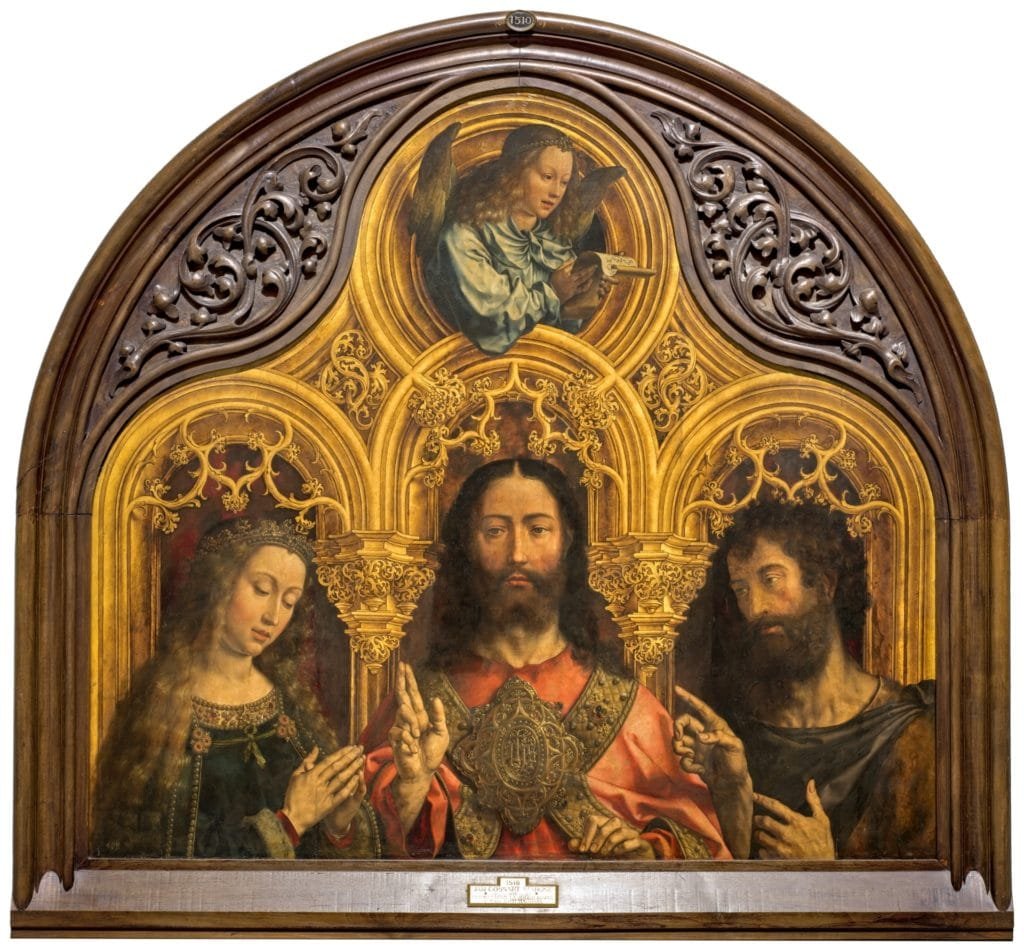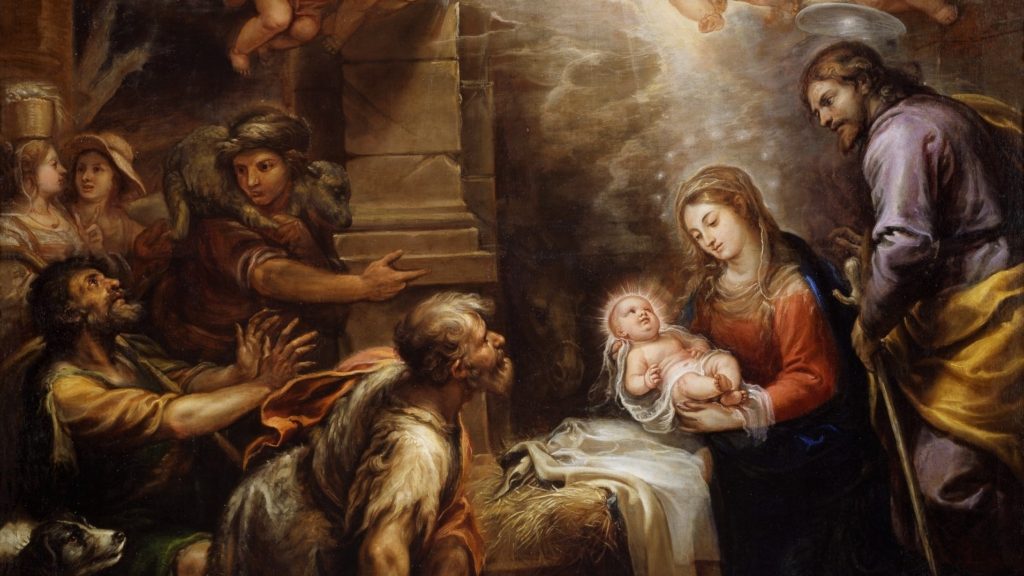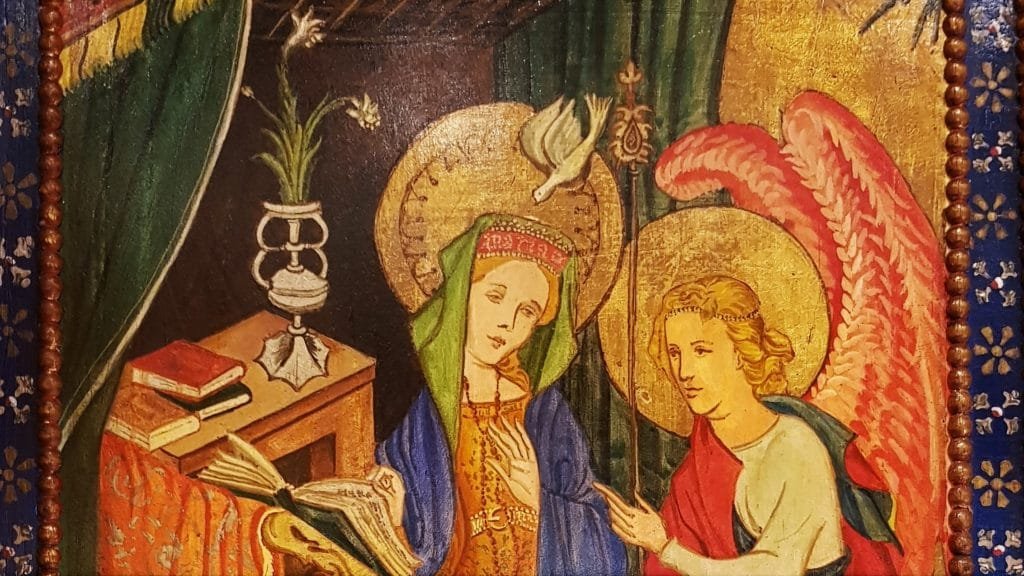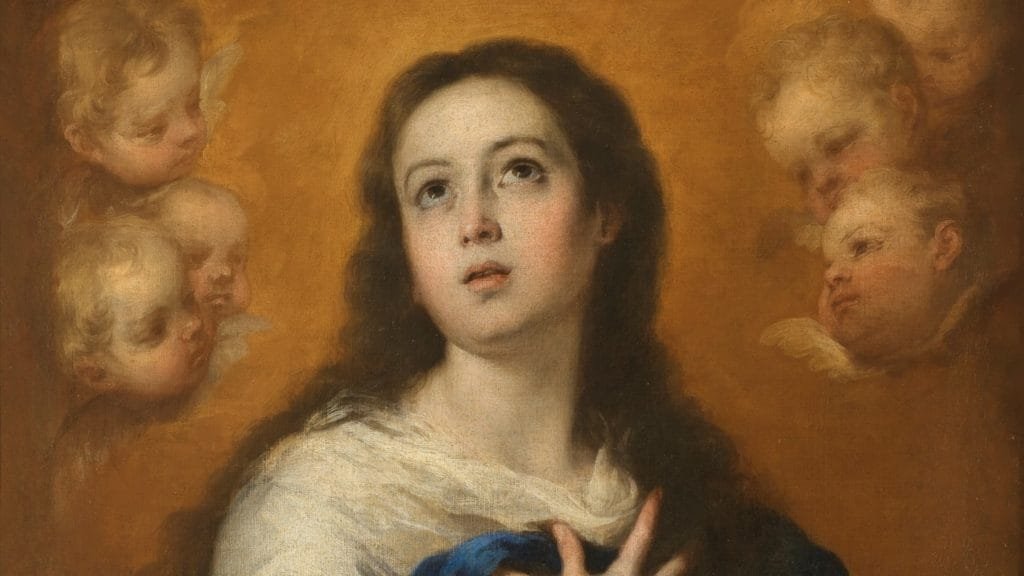POPE FRANCIS ON THE 2ND SUNDAY OF ADVENT YEAR A

ANGELUS
Saint Peter’s Square
2nd Sunday of Advent Year A, 4 December 2022
_____________________________
Dear brothers and sisters, buongiorno, happy Sunday!
Today, the Second Sunday of Advent, the Gospel for the Liturgy presents the figure of John the Baptist. The text says that John “wore a garment of camel’s hair”, that “his food was locusts and wild honey” (Mt 3:4), and that he was inviting everyone to conversion. And he was saying this: “Repent, for the kingdom of heaven is at hand!” (v. 2) And he was preaching the nearness of the Kingdom. In short, he was an austere and radical man, who at first sight might appear to be harsh and could instil a certain fear. But then again, we can ask ourselves why the Church proposes him each year as our primary traveling companion during this Season of Advent. What is hidden underneath his severity, behind his apparent harshness? What is John’s secret? What is the message the Church gives us today with John?
In reality, the Baptist, more than being a harsh man, is a man who is allergic to duplicity. Listen well to this: allergic to duplicity. For example, when the Pharisees and Sadducees, who were known for their hypocrisy, approach him, his “allergic reaction” is quite strong! In fact, some of them probably went to him out of curiosity or to gain something because John had become quite popular. These Pharisees and Sadducees believed they had it all together and, faced with the Baptist’s blunt appeal, justified themselves, saying: “We have Abraham as our father” (v. 9). Thus, due to duplicity and presumption, they did not welcome the moment of grace, the opportunity to begin a new life. They were closed in the presumption of being right. So, John tells them, “Bear fruit in keeping with repentance!” (v. 8) This is a cry of love, like the cry of a father who sees his son ruining himself and says to him, “Don’t throw your life away!” In essence, dear brothers and sisters, hypocrisy is the greatest danger because it can even ruin the most sacred realities. Hypocrisy is a serious danger. This is why the Baptist – as Jesus would be later – is harsh with hypocrites. We can read, for example, the 23rd chapter of Matthew where Jesus speaks really strongly to the hypocrites of that time. And why do the Baptist as well as Jesus do this? To shake them up. Instead, those who sensed they were sinners went “out to him [John], and they were baptized by him, confessing their sins” (v. 5). Therefore, bravura is not important to welcome God, humility is. This is the path to welcome God. Not bravura – “We’re strong, We are great people!” No, no. Humility. I am a sinner. But not in the abstract, no – “because of this and this and this”. Each of us needs to confess our own sins, our own failings, our own hypocrisy. It requires getting off the pedestal and being immersed in the water of repentance.
Dear brothers and sisters, John and his “allergic reactions” make us think. Are we not at times a bit like those Pharisees? Perhaps we look at others from top to bottom, thinking that we are better than them, that we have our lives under control, that we don’t need God, or the Church, or our brothers or sisters on a daily basis. We forget that in one case is it legitimate to look down on someone else: when it is necessary to help them get up. This is the only case; the others are not legitimate. Advent is a moment of grace to take off our masks – every one of us has them – and line up with those who are humble, to be liberated from the presumption of the belief of being self-sufficient, to go to confess our sins, the hidden ones, and to welcome God’s pardon, to ask forgiveness from those whom we have offended. This is how to begin a new life. There is only one way, the way of humility – to be purified from the sense of superiority, from formalism and hypocrisy, to see ourselves, along with our brothers and sisters, as sinners, and to see Jesus as the Saviour who comes for us, not for the others, for us, just as we are, with our poverty, misery and failings, above all with our need to be raised up, forgiven and saved.
And let us remember one thing: with Jesus, there is always the possibility of beginning again. It’s never too late. There is always the possibility to begin again. Be courageous. He is near to us and this is the time of conversion. Everyone might think: “I have this situation inside, this problem that I am ashamed of”. But Jesus is next to you. Begin again. There is always the possibility of taking a step forward. He is waiting for us and never gets tired of us. He never gets tired! And we are annoying, but he never gets tired! Let us listen to John the Baptist’s appeal to return to God. And let us not let this Advent go by like days on the calendar because this is a moment of grace, a grace for us too, here and now! May Mary, the humble servant of the Lord, help us to meet Him, Jesus, and our brothers and sisters on the way of humility, which is the only one that will help us go ahead.
Source: https://www.vatican.va/content/francesco/en/angelus/2022/documents/20221204-angelus.html
Dear Brothers and Sisters, Good morning!
EMPHASIS MINE.

POPE FRANCIS
ANGELUS
Saint Peter’s Square
2nd Sunday of Advent Year A and Solemnity of the Immaculate Conception of Mary
8 December 2019
Dear Brothers and Sisters,
Good Morning!
Today we celebrate the solemnity of Mary Immaculate, which takes place within the context of Advent, a time of expectation: God will accomplish what he promised. But on today’s feast day we are told that something has already been accomplished, in the person and the life of the Virgin Mary. Today we consider the beginning of this fulfilment, which is even before the birth of the Mother of the Lord. In fact, her immaculate conception leads us to that precise moment when Mary’s life began to palpitate in her mother’s womb: already there was the sanctifying love of God, preserving her from the contagion of evil that is the common inheritance of the human family.
In today’s Gospel the Angel’s greeting to Mary resounds: “Hail, full of grace, the Lord is with you!” (Lk 1:28). God has always thought of her and wanted her in his inscrutable plan, to be a creature full of grace, that is, full of his love. Yet, in order to be filled it is necessary to make room, to empty oneself, to step aside. Just as Mary did, she who knew how to listen to the Word of God and trust totally in his will, accepting it unreservedly in her own life. So much so that the Word became flesh in her. This was possible thanks to her “yes”. To the Angel who asks her to be ready to become the mother of Jesus, Mary replies: “Behold, I am the handmaid of the Lord; let it be to me according to your word” (v. 38).
Mary does not lose herself in reasoning, she does not place obstacles in the Lord’s way, but she promptly entrusts herself and makes room for the action of the Holy Spirit. She immediately makes her whole being and her personal history available to God, so that the Word and the will of God may shape and bring them to fulfilment. Perfectly corresponding to God’s plan for her, Mary then becomes the “all beautiful”, the “all holy”, but without the slightest shadow of complacency. She is humble. She is a masterpiece, whilst remaining humble, small, poor. In her is reflected the beauty of God which is all love, grace, gift of self.
I would also like to underline the word with which Mary defines herself in her surrender to God: she professes herself “the handmaid of the Lord”. Mary’s “yes” to God takes on from the beginning the attitude of service, of attention to the needs of others. The visit to Elizabeth which immediately follows the Annunciation testifies this concretely. One’s availability to God is found in one’s willingness to take on the needs of one’s neighbour. All of this without clamour and ostentation, without seeking places of honour, without advertising, because charity and works of mercy needn’t be exhibited as a trophy. Works of mercy are done in silence, in secrecy, without boasting of doing them. Even in our communities, we are called to follow the example of Mary, practicing the style of discretion and concealment.
May the feast of our Mother help us to make our whole life a “yes” to God, a “yes” made of adoration of him and of daily gestures of love and service.

EMPHASIS MINE.
Stay updated: subscribe by email for free TO OUR NEW WEBSITE www.catholicsstrivingforholiness.org (PUT YOUR EMAIL IN THE SUBSCRIBE WIDGET).
We are also in www.fb.com/Catholicsstrivingforholiness. Kindly help more people in their Christian life by liking our page and inviting your family, friends and relatives to do so as well. Thanks in advance and God bless you and your loved ones! Fr. Rolly Arjonillo

